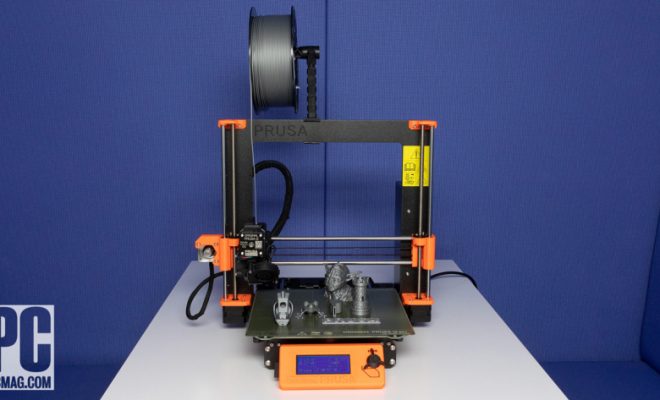Considering Home Solar Panels in Pennsylvania? Here’s All You Need to Know

As the world gradually shifts towards renewable energy, many homeowners in Pennsylvania are looking to invest in solar panels. Before you decide whether or not to install solar panels on your home, there are several factors you should consider. Here’s all you need to know about home solar panels in Pennsylvania.
1. Incentives and Rebates
The state of Pennsylvania offers various incentives, grants, and rebate programs that can help reduce the upfront cost of installing a solar panel system. The Federal Investment Tax Credit (ITC) provides a 26% tax credit on the cost of your solar system in 2021, decreasing to 22% for systems installed in 2023. Additionally, the Alternative Energy Portfolio Standard (AEPS) requires electric distribution companies to support local renewable energy generation, which ultimately encourages utility companies to offer rebates for solar installations.
2. Net Metering
Net metering is a billing arrangement that allows solar panel owners to sell their excess electricity back to the grid. In Pennsylvania, residents with solar panel systems smaller than 50 kW are eligible for net metering. This arrangement not only reduces your energy bill but also benefits the environment by reducing reliance on fossil fuels and encouraging clean energy production.
3. Solar Renewable Energy Credits (SRECs)
Solar Renewable Energy Credits (SRECs) are tradable credits that represent the environmental attributes of one megawatt-hour of solar electricity generated. Pennsylvania residents with solar panels can sell these credits to energy suppliers who need them to meet renewable energy requirements set by the state. The price of SRECs varies depending on supply and demand, offering an additional income source for solar panel owners.
4. Installation Costs
The cost of installing a residential solar panel system depends on factors like your home’s size, location, and energy needs. On average, a residential installation ranges from $15,000 to $25,000. Although this may seem pricey at first, the long-term savings on electricity bills and the incentives mentioned earlier make solar panels a worthwhile investment.
5. Choosing the Right Installer
When it comes to picking a solar installer in Pennsylvania, it’s essential to do thorough research. Seek referrals from friends or neighbors who have had a positive experience with a particular installer. Always check for proper licenses and certifications and read customer reviews to ensure the company is reputable and reliable.
6. Solar Production in Pennsylvania
Pennsylvania may not be as sunny as states like California or Arizona, but it still receives a reasonable amount of sun throughout the year. Solar panels typically generate more electricity during summer months compared to winter months due to increased sunshine hours. An experienced solar installer can design a system that maximizes solar output for your home based on your location.
In conclusion, considering installing solar panels in Pennsylvania can be an environmentally friendly and cost-effective choice for many homeowners. Carefully weigh benefits like incentives, net metering, and potential earnings from SRECs against the costs of installation to determine if going solar is the best move for you and your home.





